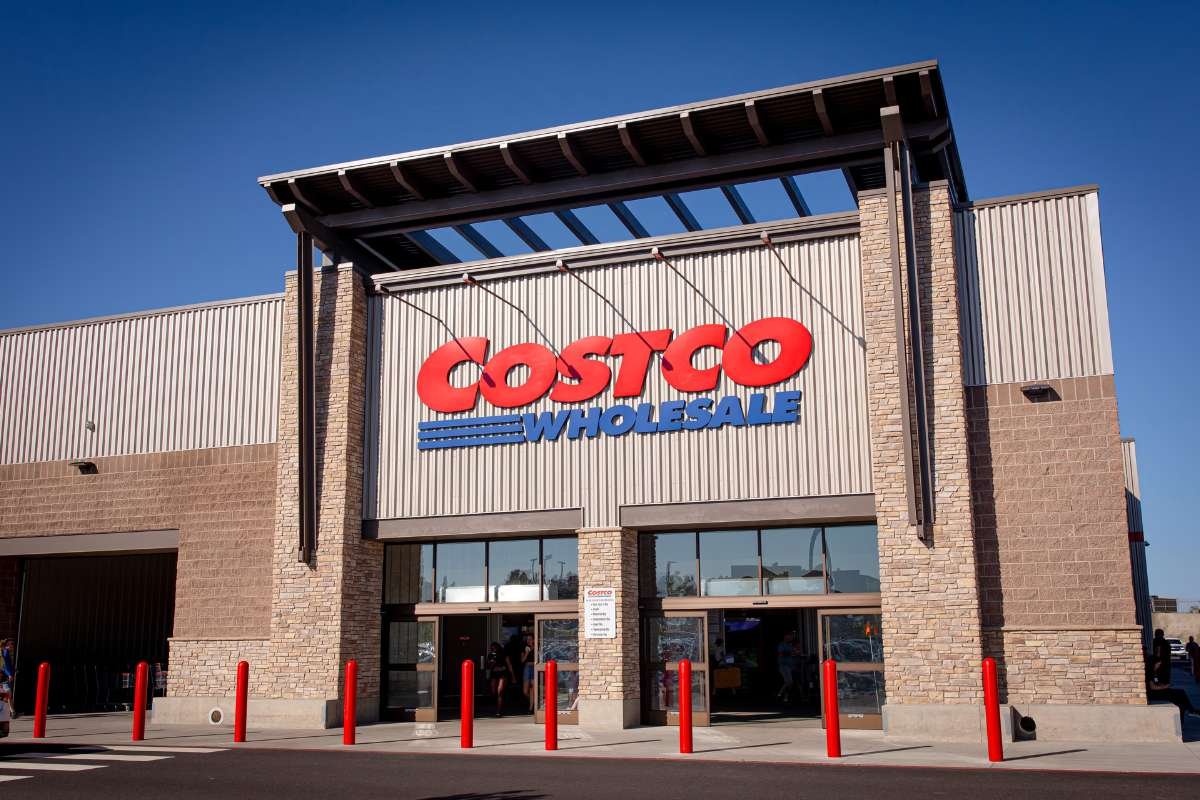Key Points:
- CEO says ultra-low-cost model is “alive and well,” despite industry doubts.
- Spirit cuts routes amid bankruptcy; Frontier adds 42 new ones.
- Frontier trims capacity, boosts perks, and unveils first-class seats by 2026.
Frontier Airlines is standing firm on its belief in the ultra-low-cost carrier (ULCC) model, despite mounting skepticism from rivals. Speaking at a recent industry event, Frontier CEO Barry Biffle rejected suggestions that the ULCC approach has failed in the United States. His remarks followed those of United Airlines CEO Scott Kirby, who described the budget model as unsustainable.
Biffle argued that the real challenge facing airlines today is not the ULCC framework but an oversupply of seats in domestic markets, which has depressed ticket yields across the industry. With Spirit Airlines entering bankruptcy for the second time in less than a year, Biffle sees an opportunity for Frontier to expand its footprint and capture demand in underserved regions.
Strategic Growth and Market Adjustments
In response to shifting dynamics, Frontier Airlines has announced 42 new routes across the U.S., Latin America, and the Caribbean, many of them replacing Spirit’s withdrawn services. The airline anticipates a 3.7% decline in ULCC capacity in the final quarter of the year, largely due to Spirit’s contraction, giving Frontier space to strengthen its market presence.
The Denver-based carrier is also reshaping its offerings to diversify revenue streams. Plans are underway to introduce first-class seating in early 2026, a move that signals an effort to appeal to higher-yield passengers while maintaining its budget roots. At the same time, Frontier aims to double loyalty-program revenue to around six dollars per passenger by next year, reflecting a stronger push into ancillary earnings.
While these strategic steps come amid near-term financial headwinds, Biffle emphasized that Frontier has already adjusted its network and reduced capacity to stabilize performance. These shifts, he suggested, will better position the airline as the industry recalibrates supply and demand over the next two years.
Navigating Customer Expectations and Competitive Pressures
Beyond expansion and financial restructuring, Frontier is also experimenting with policies to respond to changing consumer behavior. A trial run of free baggage allowances briefly boosted bookings but failed to generate lasting demand, highlighting the delicate balance between customer incentives and profitability in the ULCC space.
Meanwhile, policy changes by other airlines-such as ending free checked bags-have narrowed the gap between Frontier Airlines and larger carriers, potentially making low-fare options more appealing to cost-conscious travelers.
Biffle remains confident that as overall seat supply contracts, both budget and legacy carriers will see improved margins. For Frontier Airlines, the challenge lies in leveraging its low-cost foundation while adapting enough to attract new customer segments and withstand ongoing scrutiny from rivals.
Visit The Enterprise World for the most recent information.


















